How to Use Anise: The History & Medicinal Properties of This Overlooked Herb
Medicinal herbsAnise (Pimpinella anisum), also known as aniseed or graine d'anis vert, is commonly used for its licorice-tasting seeds, which add sweetness and flavor for cooking and as a tea. Don’t confuse it with star anise or anise hyssop, which are two different herbs.

Anise produces tiny white flowers and delicate leaves that give off a licorice fragrance that pollinators love and is a favorite among the naturopathic and herbal healing community for its medicinal uses.
The History of Anise Herb
Anise seed has been used since ancient times, with references to its use tracing back as far as 4000 years ago in Egypt! It was grown and harvested as both a culinary spice and an herbal remedy. There are references to its use to treat digestive complaints, toothaches, and as a diuretic. Greek writings refer to how anise was used to help breathing problems, as an analgesic, as a diuretic, and more. It was even used in desserts in Roman times to provide a sweet treat that also prevented indigestion after a rich meal.

Eight Medicinal Benefits of Anise
Today, anise is an herbal remedy for several ailments. Here are a few uses for this sweet herb.
- Digestive issues - An infusion of dry anise seeds in water may provide some relief of indigestion, irritable bowel syndrome (IBS), and flatulence.
- Bad breath - Chew anise seeds or pods after meals to freshen your breath.
- Respiratory problems - Anise tea may soothe symptoms of the common cold, bronchitis, and asthma.
- Sore throat and mouth ulcers - Gargle or swish with an herbal tea made from aniseed, mint, and sage for its soothing antiseptic properties.
- Menstrual problems - Painful or irregular periods might be soothed with anise tea made from steeping seeds or fruits in hot water. Anise seed extract may also help with symptoms of PMS and the reduction of hot flashes during menopause.
- Balancing blood sugars - Anise may reduce high blood sugars. People with diabetes should monitor their levels carefully when using anise.
- Reducing inflammation - Packed with antioxidants, anise can have an anti-inflammatory effect and reduce oxidative stress.
- Lice removal - A spray containing anise oil, coconut oil, and ylang-ylang oil has been researched and shows promise as a non-toxic option for removing these nasty creatures.

How to Grow Anise From Seed
Anise (Pimpinella anisum) is an annual herb in the parsley family. Its fragrant white flowers attract important pollinators and makes anise a wonderful companion plant in vegetable gardens.
- Anise doesn't transplant well so it is best to plant seeds where you want to grow it for the season.
- Choose a sunny spot with well-draining soil so it can get a full day of sunlight.
- Plant seeds in spring when all danger of frost has passed.
- Sow anise seed directly in an outdoor garden when the soil temperature is 65-70°.
- Plant seeds at a depth of 1/4".
- Space plants 9 to 12 inches apart.
- Anise seeds will germinate around 14 days.
- Keep young plants moist but not waterlogged. Soil should drain well. Once the roots are established, water only when the soil is dry.
- The scent of anise can be a pest repellent, so usually, aphids are the only ones to watch out for.

Anise FAQs
Is Anise or aniseed the same as Star Anise?
Even though Anise (Pimpinella anisum) and Star Anise have similar names, they are very different plants.
How long does it take to grow Anise from seed?
It takes about 120 days for anise to grow from seed to harvest.
Is anise safe?
Consult your healthcare provider for more personalized information, as we are not qualified to provide medical advice. However, as a general rule, anise is safe for most people. Anise is considered safe in food amounts for children, breastfeeding, and pregnancy. If you are allergic to plants similar to anise, take care. You may also be allergic to anise. These plants include asparagus, caraway, celery, cilantro (also known as coriander), cumin, dill, and fennel. Since anise may lower blood sugars, people with diabetes should monitor their levels carefully if using anise. Also, anyone with a scheduled surgery should stop using anise two weeks in advance.
Anise is a useful annual herb and flower that is easy to grow from seed. Not only does it have many health benefits, but it is also an important host plant for swallowtail butterflies.
You can add anise plants to your pollinator, wildflower, and medicinal herb garden.
Start with reliable anise seeds from Sow Right Seeds and follow these growing tips for a successful harvest.




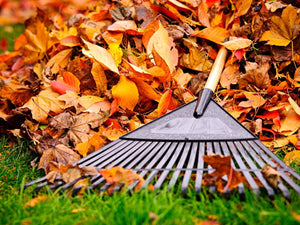
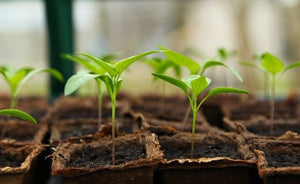
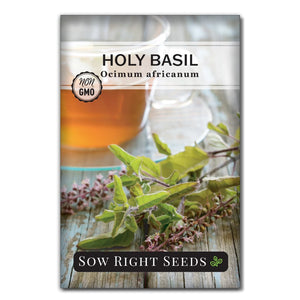
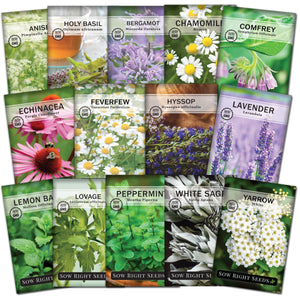

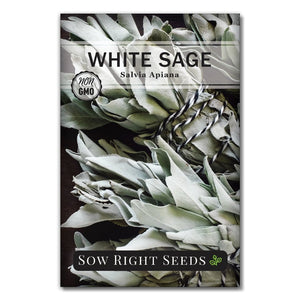
Leave a comment